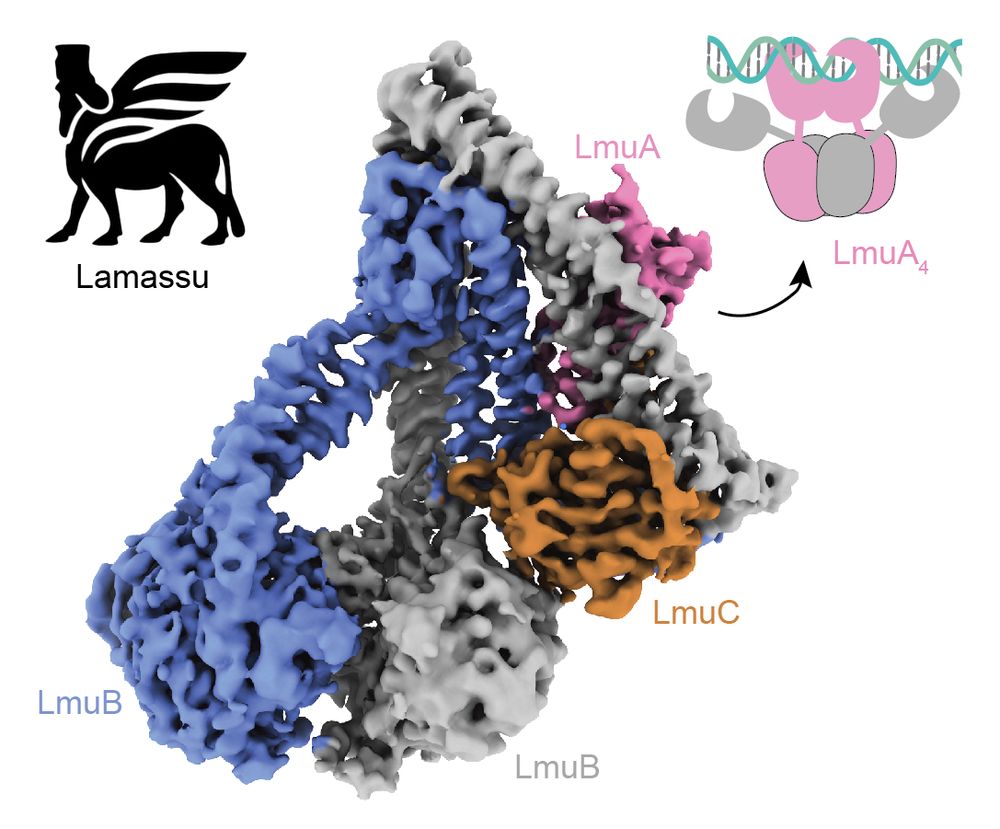Immunity arrays associated with Rhs and CDI toxins and linked to a novel genetic element (XPC cassette) confer protection against competitors. @currentbiology.bsky.social
Kudos !!
www.cell.com/current-biol...

Immunity arrays associated with Rhs and CDI toxins and linked to a novel genetic element (XPC cassette) confer protection against competitors. @currentbiology.bsky.social
Kudos !!
www.cell.com/current-biol...
#MicroSky
www.sciencedirect.com/science/arti...

#MicroSky
www.sciencedirect.com/science/arti...
academic.oup.com/nar/article/... 1/5

academic.oup.com/nar/article/... 1/5
@sgribaldo.bsky.social @pasteur.fr
🔗 Full article linked in reply👇
www.sciencedirect.com/science/arti...

@sgribaldo.bsky.social @pasteur.fr
🔗 Full article linked in reply👇
www.sciencedirect.com/science/arti...
www.pnas.org/doi/10.1073/...

www.pnas.org/doi/10.1073/...
Today, we report the discovery of telomerase homologs in a family of antiviral RTs, revealing an unexpected evolutionary origin in bacteria.
www.biorxiv.org/content/10.1...

Today, we report the discovery of telomerase homologs in a family of antiviral RTs, revealing an unexpected evolutionary origin in bacteria.
www.biorxiv.org/content/10.1...
In oysters, some stay identical for years.
With >1,200 phages & 600 Vibrio genomes, we reveal long-term stability and new mobile elements.
Proud of this collaborative work across our teams (Roscoff-UdeM and @epcrocha.bsky.social www.biorxiv.org/cgi/content/...

In oysters, some stay identical for years.
With >1,200 phages & 600 Vibrio genomes, we reveal long-term stability and new mobile elements.
Proud of this collaborative work across our teams (Roscoff-UdeM and @epcrocha.bsky.social www.biorxiv.org/cgi/content/...

New study (Institut Pasteur, CNRS, Université Paris Cité & Montréal): ~10% of gene cassettes may defend against phages.
🛠️ One step closer to smarter therapies.
🔗 www.pasteur.fr/en/research-...
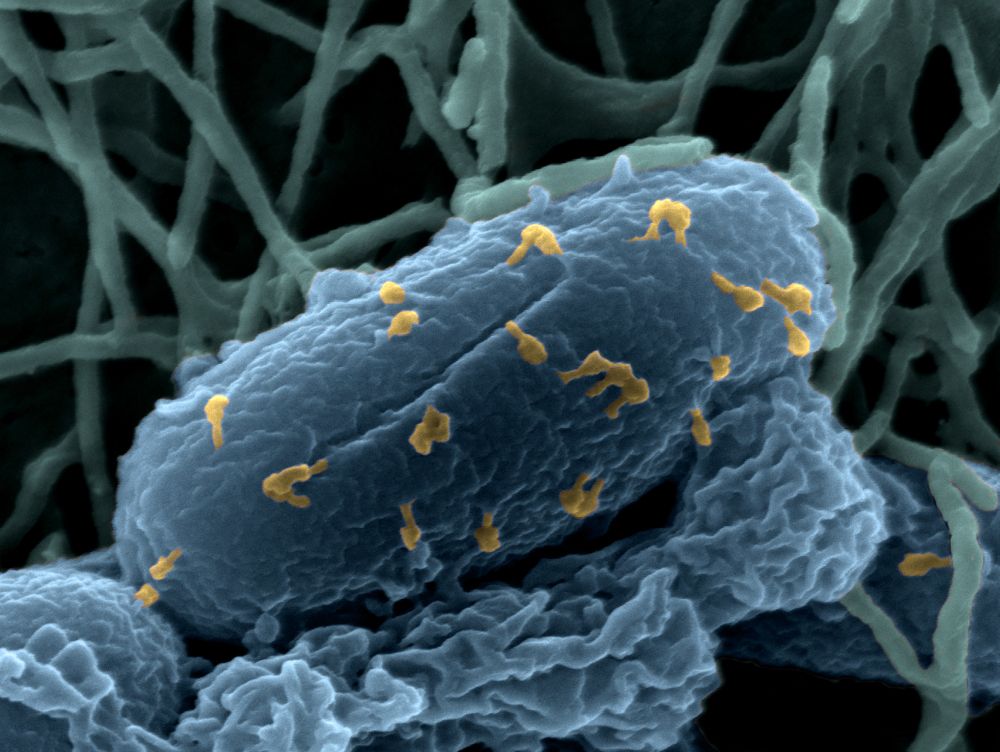
New study (Institut Pasteur, CNRS, Université Paris Cité & Montréal): ~10% of gene cassettes may defend against phages.
🛠️ One step closer to smarter therapies.
🔗 www.pasteur.fr/en/research-...
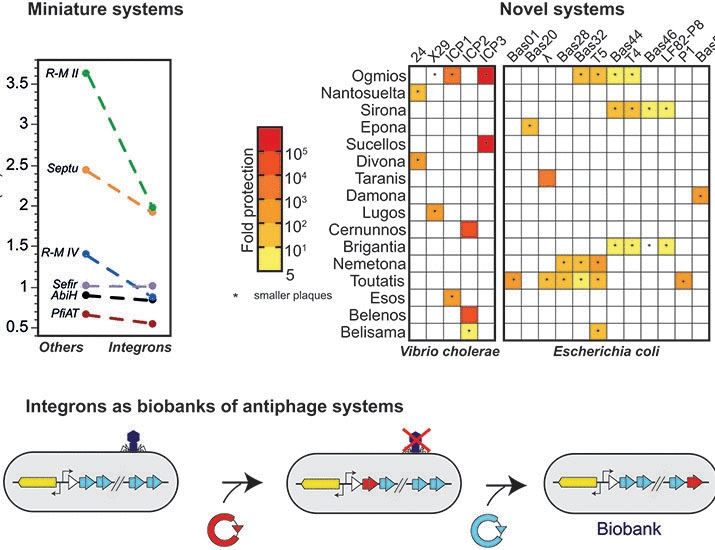
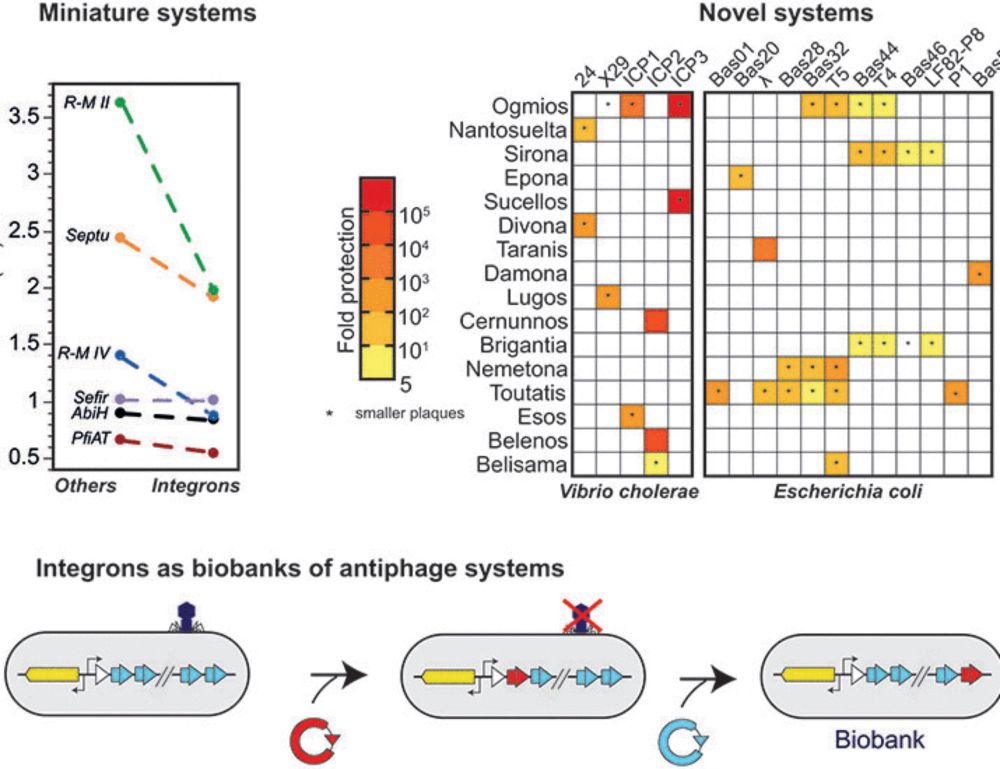
Finally out after peer review, our work showing that "Mobile #Integrons carry Phage Defense Systems" is now published in Science 🎉
Short 🧵
www.science.org/doi/10.1126/...

Finally out after peer review, our work showing that "Mobile #Integrons carry Phage Defense Systems" is now published in Science 🎉
Short 🧵
www.science.org/doi/10.1126/...
In collaboration with the Rocha lab, we show in our new paper that cassettes of these large platforms encode many known anti-phage defenses, and uncovered 16 new ones.
www.science.org/doi/10.1126/...
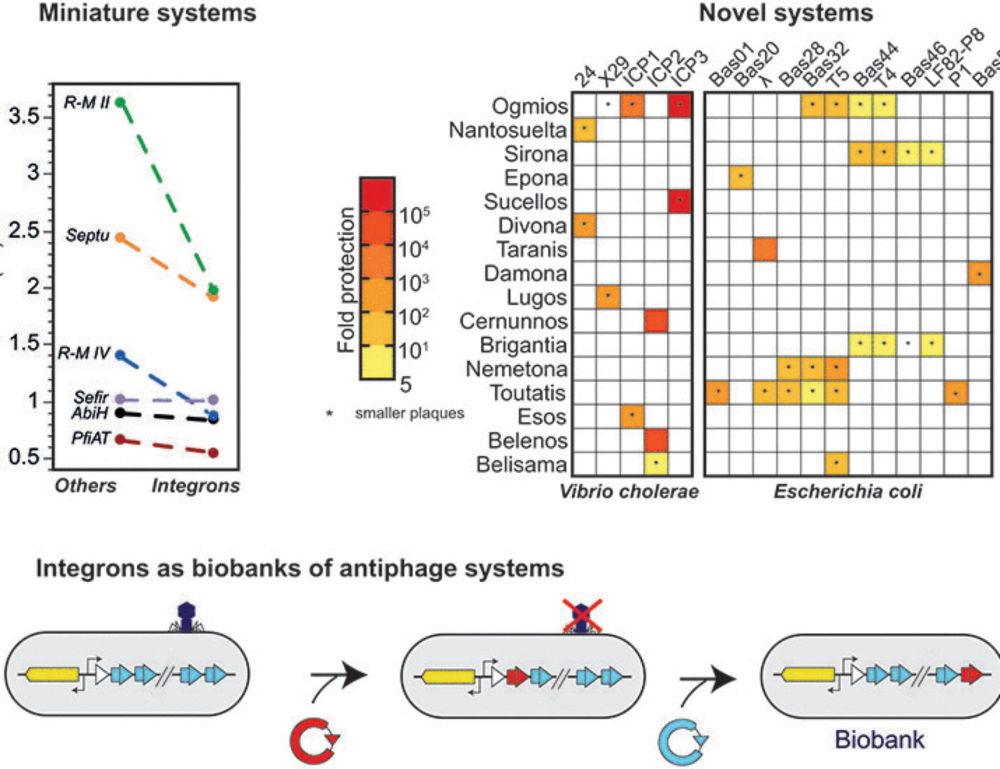
In collaboration with the Rocha lab, we show in our new paper that cassettes of these large platforms encode many known anti-phage defenses, and uncovered 16 new ones.
www.science.org/doi/10.1126/...
